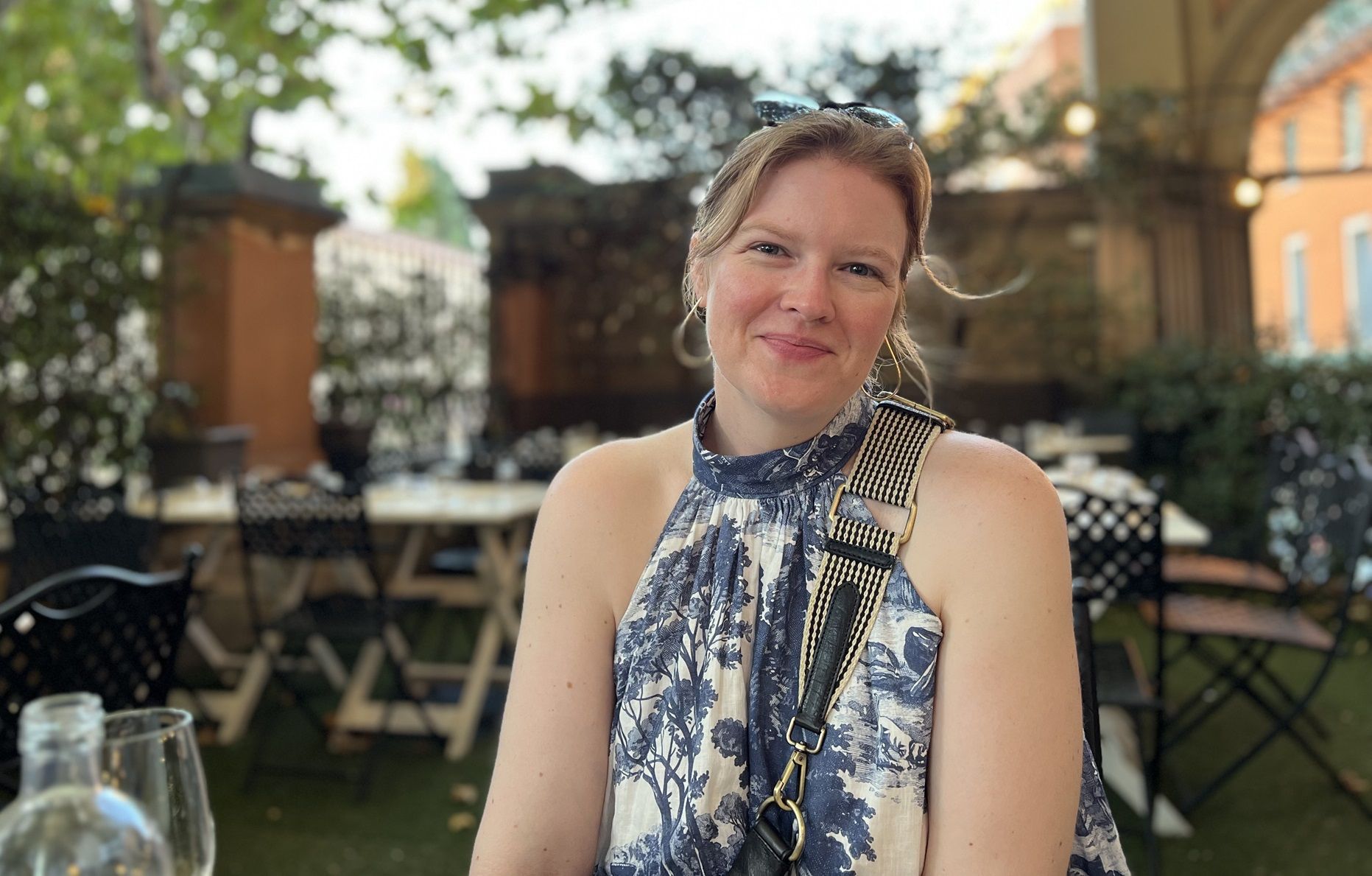In my last column, I shared my very hot take on Danish culture – namely, that it has an inclusivity problem. I’d like to zoom in on a place where I think internationals feel this exclusion acutely, especially because it’s a place Danes value so much.
I’m talking, of course, about LinkedIn, as well as the world of Danish job-seeking.
When I first started looking for work here, I applied using the same CV I’ve used for years – updated, of course, but still formatted as it always had been. Brief and efficient, that CV had been finely tuned for success in the United States.
I didn’t know yet that this was a mistake, so I spent several months applying for jobs and receiving either polite declinations via email or – more often – never hearing anything back at all. Sensing I needed help, I enrolled in a webinar for job-seeking internationals.
A significant percentage of the 90 minutes we spent together in that webinar were dedicated to LinkedIn, which as an American I found baffling. I think I had logged onto LinkedIn a total of 5 times prior to moving here, and that number might be generous. It had just never been something that I – or anyone I knew – truly relied on as a means of finding employment.
But our webinar presenter impressed upon us its importance here, emphasizing the point with this mind blowing statistic: in Denmark, only about 30 percent of job openings are ever publicly posted. This means that 70 percent of jobs here are “filled from within” – so your best chance of getting hired is to know someone on the inside.
People here work on bolstering their LinkedIn presence with the gusto of TikTok influencers, striving to make as many connections as they can, hoping to finally know the right person.
The exclusionary nature of this felt like a slap in the face. An international living in Denmark is unlikely to have a vast network of connections, especially if they’re new to the country, and in this culture, that puts 70 percent of jobs entirely out of reach. It’s like the Hunger Games out here, all 650,000ish of us vying for the same 30 percent of roles we’re allowed to compete for.
I also learned that my CV was very wrong. I had suspected this, so I was not surprised, but the reason left me speechless: my CV needed to include a picture of me. Specifically, I needed to include a bright and friendly photo of me definitely smiling, and ideally, I should also be using this as my profile picture on LinkedIn.
A photo? On my CV? Not only did this strike me as another knock against inclusivity, as an American, it felt downright wrong.
The United States has strong laws to discourage discriminatory hiring practices, including decisions based on a person’s appearance. As such, requiring a photo on a CV is pretty unheard of.
Many U.S. job descriptions state that photos are not accepted and will result in disqualification. But here, it seems, that kind of disqualification is acceptable. As a candidate, I no longer had to worry about my skill set being right, but also about my face. And as an international, this causes other insecurities and questions to arise – specifically, am I not having success in my job search because I don’t look Danish enough?
Around this same time, a Danish friend of ours generously shared his CV with me so that I could see an example of what is traditionally expected by employers. Indeed, there was a picture right at the top. His CV was longer than mine and very detailed. And, it also included personal information, like his age and marriage status.
Being asked to disclose my age and marital status also felt wildly inappropriate to me. It presents two more ways to be judged based on information that has nothing to do with my expertise or abilities, two more ways to be excluded by this work culture.
I know that Denmark operates in flat hierarchies, and I understand Jante Law and the belief that no one is special or better than anyone else. But I’m going to ask what might be a very American question, and I hope no one still reading this will be dismissive of it on those grounds.
Does it ever actually matter whether or not a candidate is good at their job? Because this emphasis on smiling photos and professional connections makes it feel like it doesn’t.
I admit that I have always bristled at the idea of getting ahead professionally because of who I know rather than for what I am able to do, but here, that seems to be the norm, and it unfairly stacks the deck against a lot of people, particularly the international community. The workplace table in Denmark is a small one, and as an outsider, it’s unlikely I’ll ever be asked to take a seat.
International candidates bring a variety of skill sets to the workplace table. Beyond the tricks of their individual trades, these are people who have taken the leap and moved to a foreign country; they are adaptable, unafraid of risk, and curious enough to learn new things every single day.
It seems to me these are candidates worth taking a look at – one that goes well beyond just their photos.

